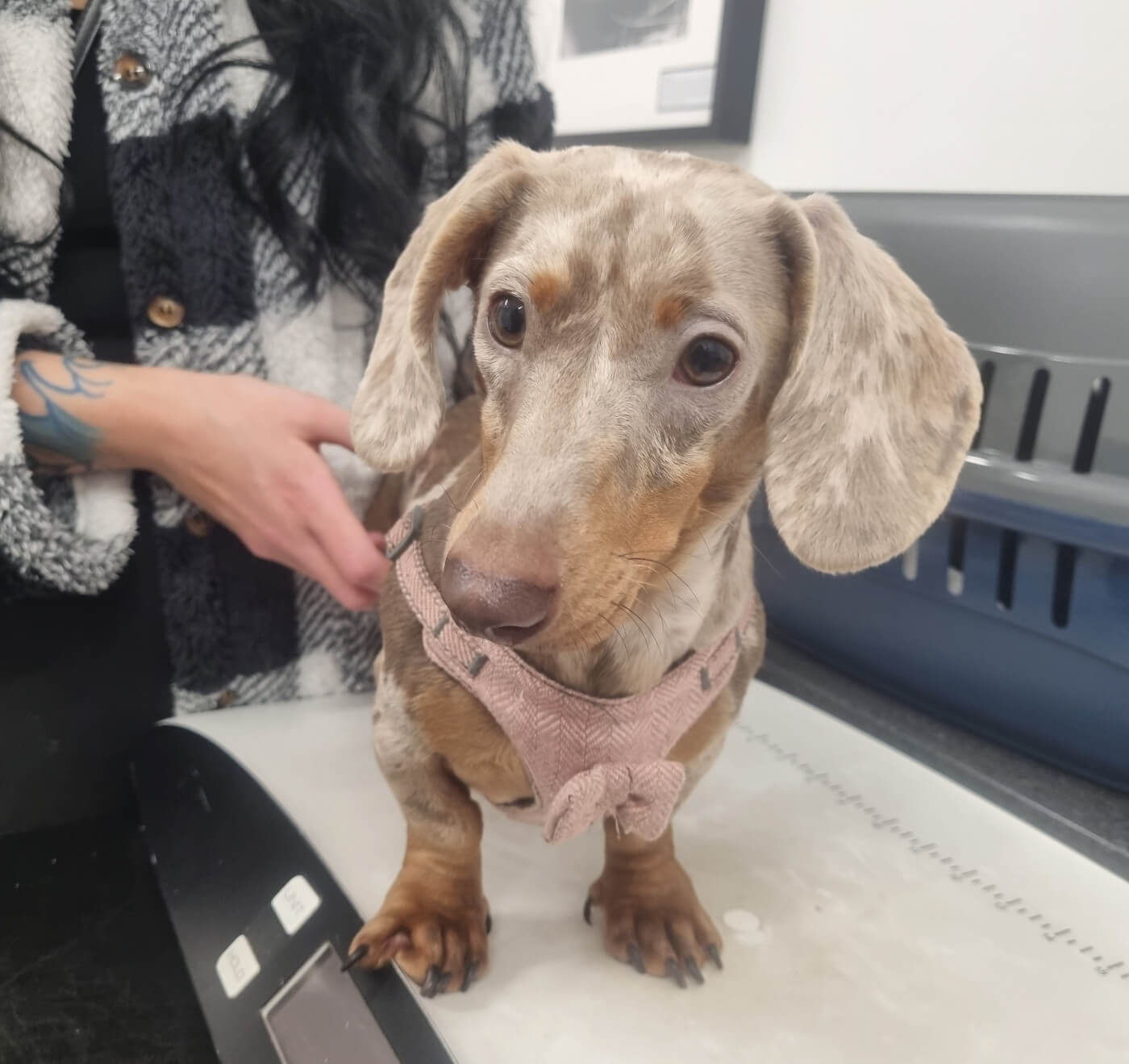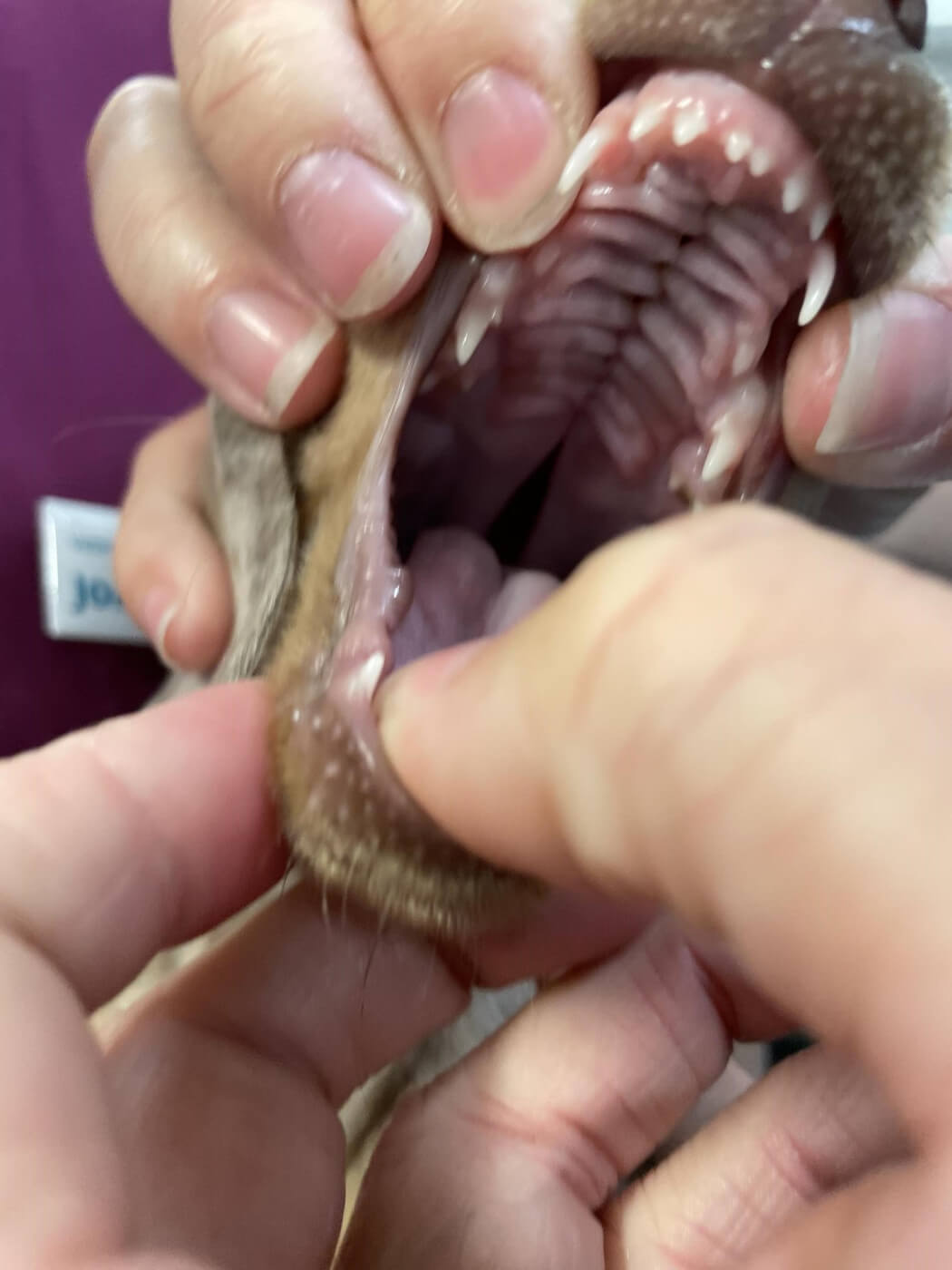No Products in the Cart
FREE DELIVERY on orders over £50

Have a dog over 7 years old? - They qualify for FREE membership to our Senior Dog Club
|

Have a dog over 7 years old? - They qualify for FREE membership to our Senior Dog Club

February 22nd, 2024
Meet Romi, a Mini Dachshund who recently had surgery at Vet’s Klinic to overcome a challenging condition known as cleft palate. This congenital anomaly, though relatively rare in dogs, can significantly impact their health and well-being.
What is a cleft palate and what are the symptoms?
Romi's journey began with a rather unpleasant symptom – a noticeably smelly breath accompanied by sneezing and nasal discharge. These signs were indicative of a cleft palate, a condition where a gap exists in the roof of the mouth, allowing food and fluids to enter the respiratory system. The severity of the cleft can vary, posing risks such as aspiration pneumonia, hindering normal feeding (in very young puppies it can cause difficulty in suckling), and potentially leading to malnutrition and growth issues in puppies.
Which dogs are at risk of a cleft palate?
Cleft palate is relatively rare in dogs, but is more common in brachycephalic breeds, who have small, flatter faces, including; Boston terriers, Pekingese, and bulldogs. Additionally, miniature schnauzers, beagles, cocker spaniels and dachshunds seem to be more commonly affected.
The surgical solution
Surgical intervention is required to repair a cleft palate with the aim of closing the gap in the palate, preventing the unwanted communication between the oral and nasal cavities.
For some dogs, multiple surgeries may be required to achieve optimal results. Post-surgery, the crucial aspect of aftercare involves protecting the repair site from trauma. This includes providing a soft-food diet and preventing the puppy from chewing on toys until the palate is fully healed.
Romi’s Recovery
The good news is that Romi is well on the way to a full recovery. Rest assured Romi was in safe hands, her operation was performed by Veterinary Surgeon Maider Murugarren, who holds additional postgraduate qualifications in small animal surgery and has a keen interest in complicated soft tissue surgery.
Dogs, in general, tend to have an excellent prognosis after cleft palate surgery. However, a few may experience minor complications, such as nasal discharge and occasional respiratory issues, even after successful surgery. We are pleased to report that Romi has been back to Vet’s Klinic for her post-op checks and the team are happy with her progress.
Did you know?
Vet's Klinic and Vet's Kitchen are part of the same company. Vet's Kitchen is the only pet food company in the UK to have it's own in-house veterinary practice and the Vet’s Kitchen recipes are formulated with the veterinary knowledge of the Vet’s Klinic team.
What our customers say
Read our reviewsDelivered to your door
FREE DELIVERY on orders over £50What’s in our food?
Find out more about recipes and ingredientsVet Know-how
Read our helpful expert tips





